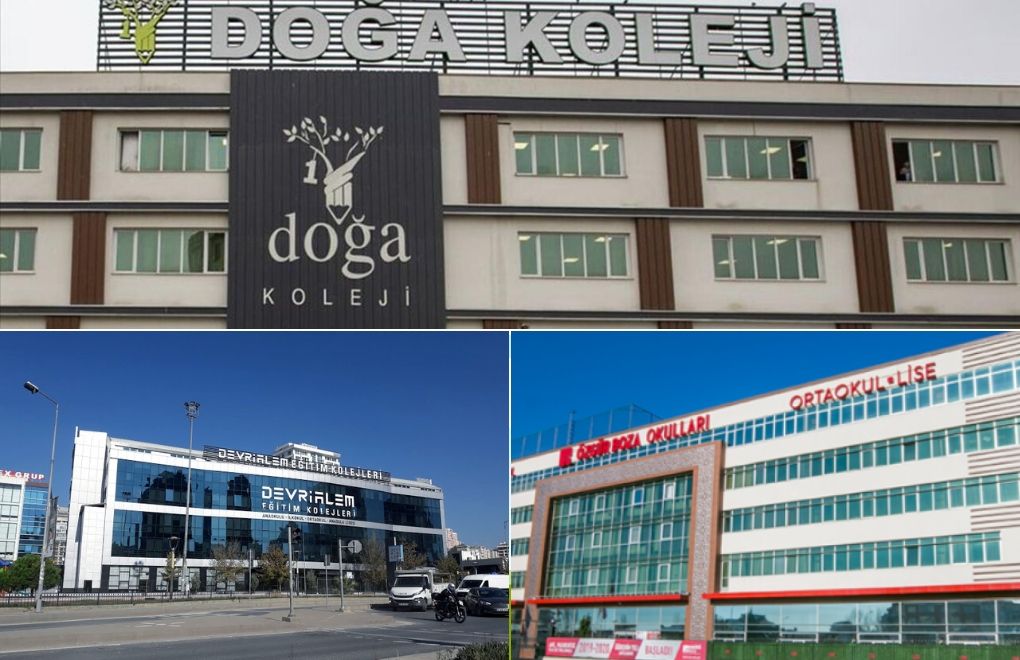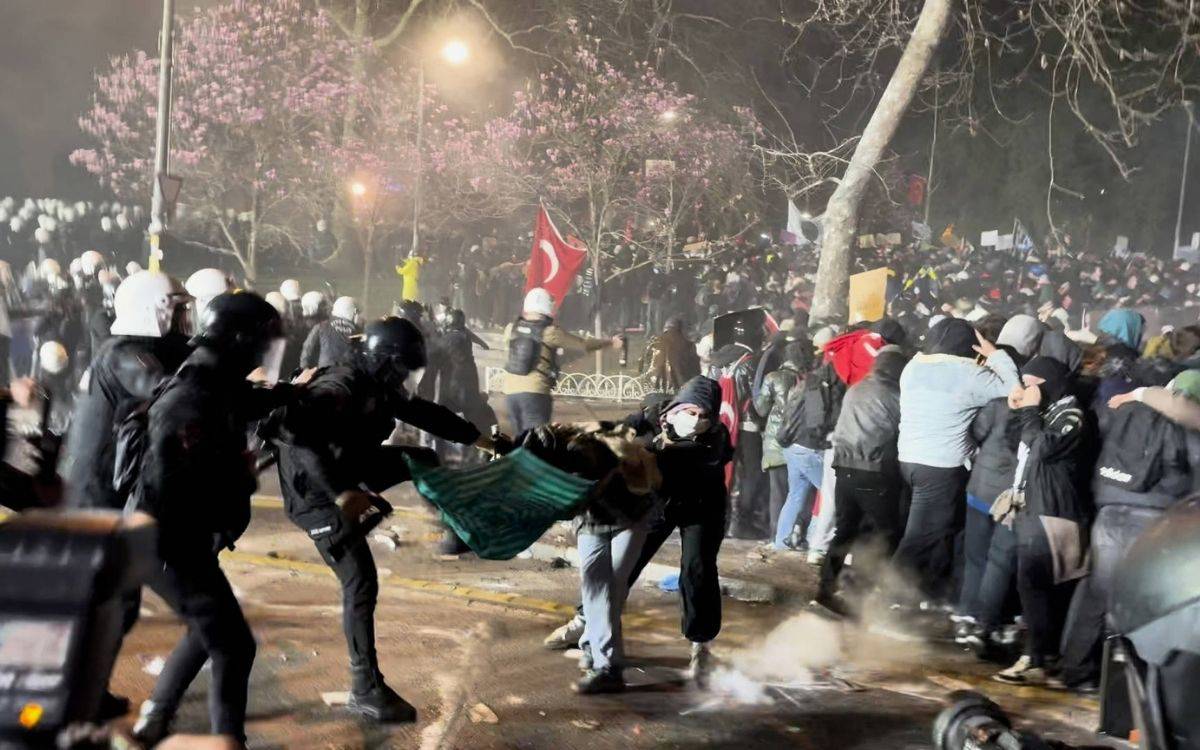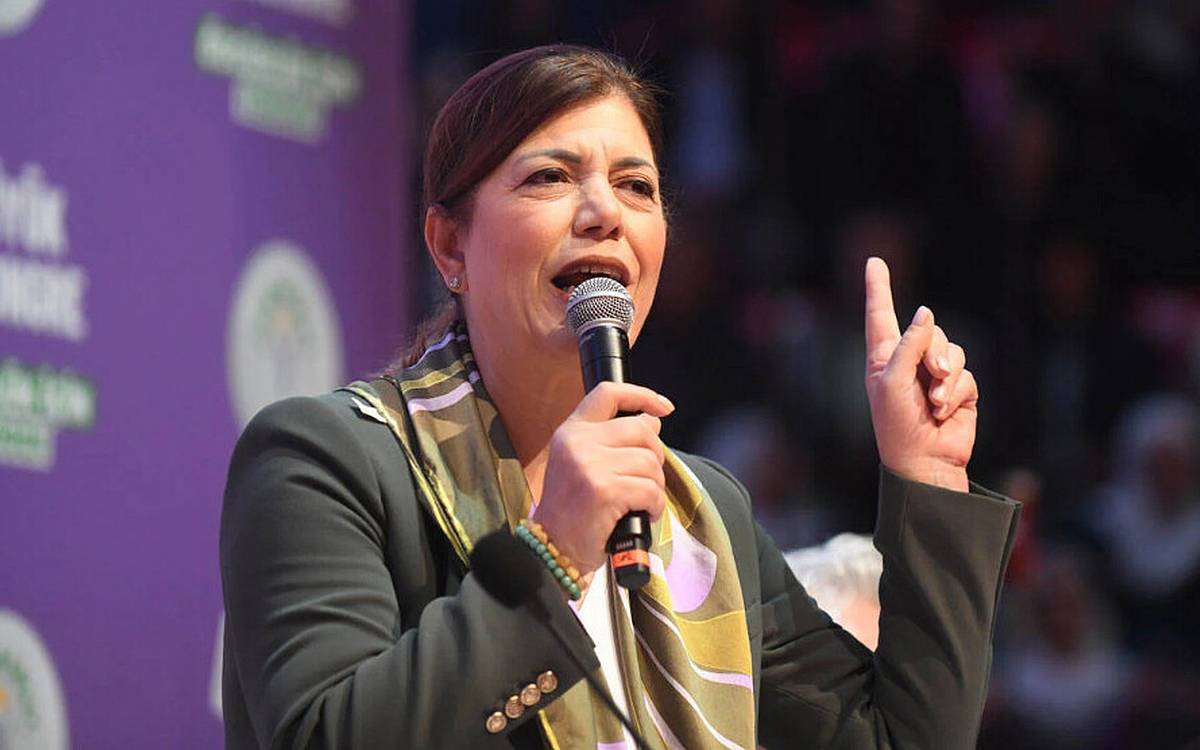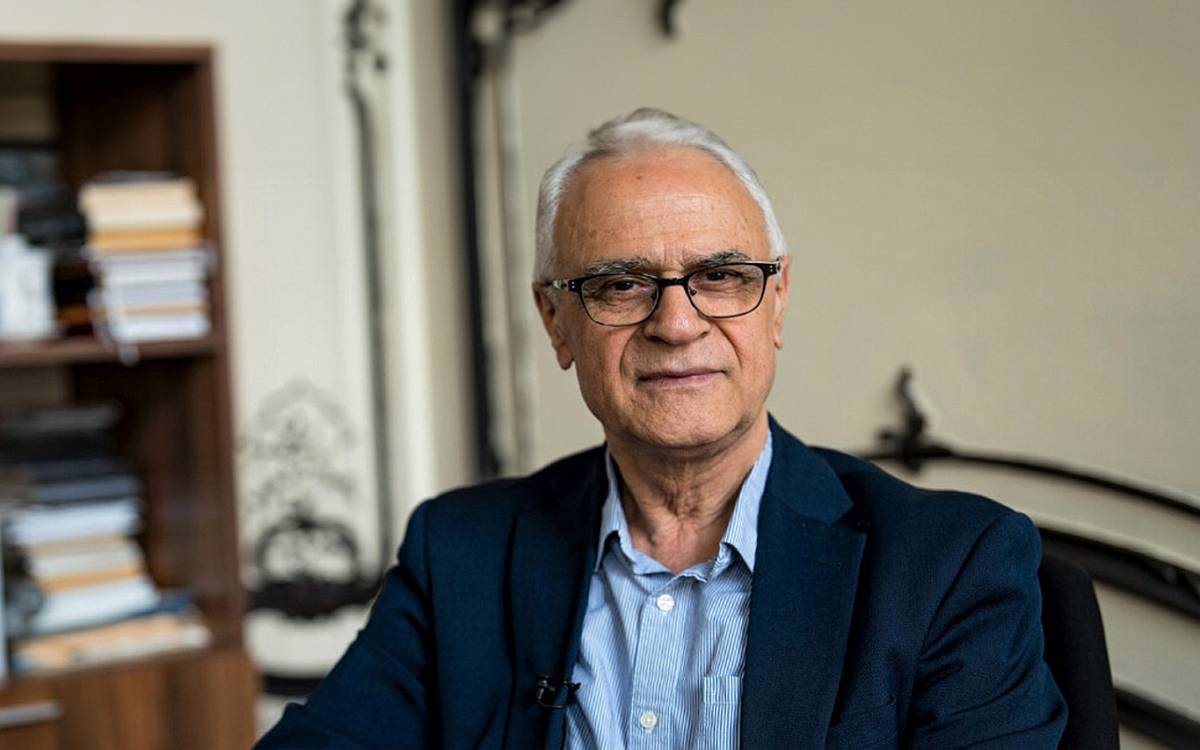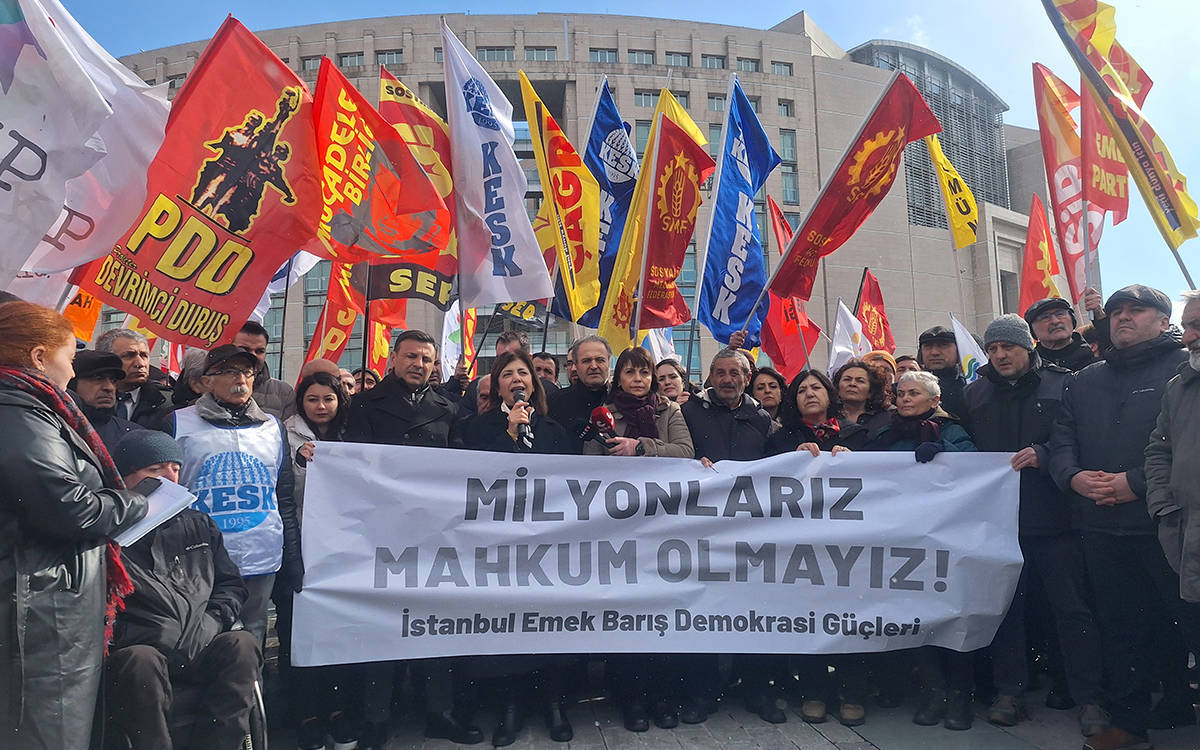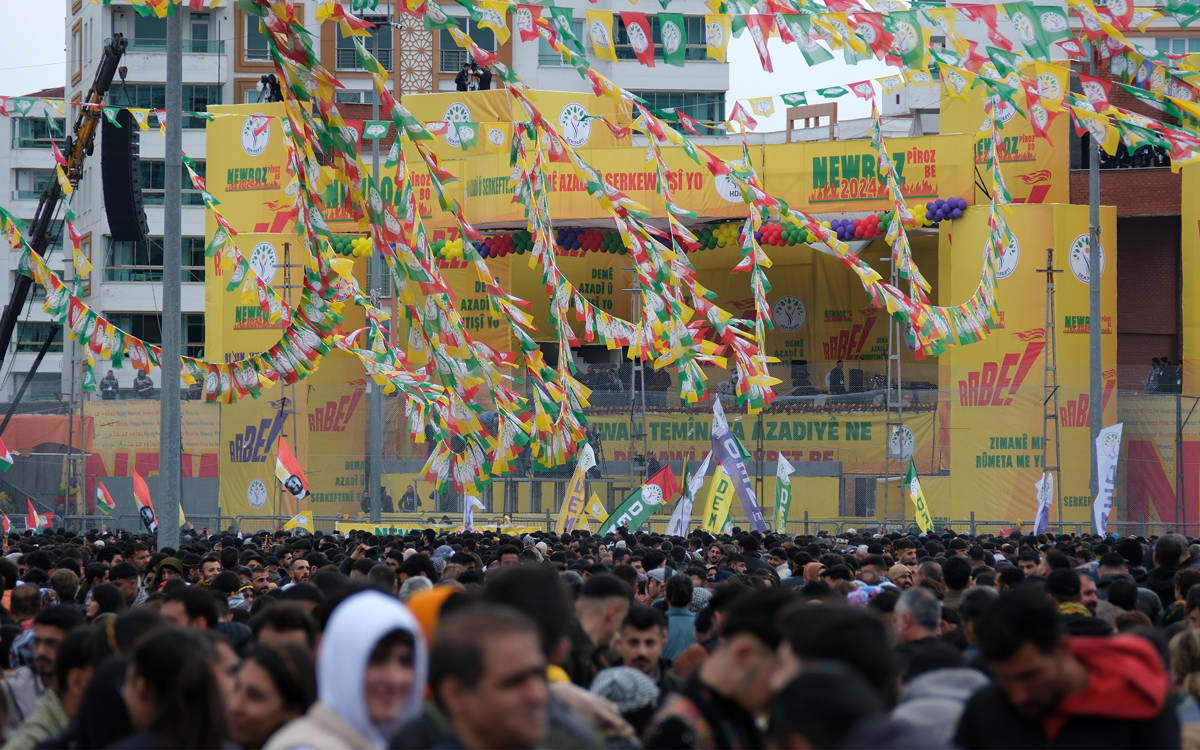Click to read the article in Turkish
Four years ago, the number of private schools in Turkey was 6 thousand 710. This figure is now 12 thousand 809.
As the number of private schools is gradually increasing, so is the crisis recently experienced by these schools. The crisis that erupted with the Doğa Schools' failure to pay the wages of teachers has escalated further. In İstanbul, several private schools have been shut down and many others are no longer able to pay the teachers' salaries.
But, what is the reason behind this recent crisis in private schools, whose number has doubled in four years? Is it so easy to open a private school? Why has their number increased so much? How will this problem be solved? What responsibility does the Ministry of National Education have?
'Apartments turned into schools'
Speaking to bianet about the issue, Education and Science Laborers' Union (Eğitim-Sen) Chair Feray Aydoğan has underlined that the law on 4+4+4 primary, secondary and high-school education system enacted in 2012 has triggered the increase in the number of private schools:
"The funds not allocated to the public because there was not enough budget were channeled to the owners of private schools under  the name of 'incentives'. They put a sign on apartments, turned them into schools.
the name of 'incentives'. They put a sign on apartments, turned them into schools.
"Students were forced to go to private schools because they were not placed in their desired schools and because they are faced with practices that disregard public and scientific education. As a result of this mindset, the problems experienced in Doğa Schools have surfaced. These problems are sure to grow deeper.
"While our students and education and science laborers pay the heaviest price for the privatization in education, the Strategic Plan of the Ministry sets it as its 2023 target to increase the number of private schools and says that it will keep on transferring public resources to private school owners.
'Share of public schools falls every year'
"As for public schools, the share allocated to education investments is falling every year. While 17.18 percent of the Ministry budget was allocated to education investments in 2002, this figure, which is very important for offering education services, was as low as 4.57 percent in 2009.
"Though the share allocated to education investments necessarily increased as a result of 4+4+4 system, albeit partially, it started to decrease again in 2014. While 4.88 percent of the Ministry budget was allocated to education investments in 2019, this rate has been decreased to 4.56 percent in 2020."
'Education cannot be a matter of cost'
Aydoğan has underlined that the crisis of private schools can only be solved if the government and the Ministry make an ideological choice:
"Referring to the share allocated to teacher assignments and education investments in budget discussions, the Ministry said that 'it was a matter of cost'. When saving companies or transfering funds to private schools is the case, we see that the capital can be funded millions of liras, which education and science laborers and students are told that do not exist.
'Public education is the responsibility of the state'
"The rights of education and science laborers and our students' right to education cannot be a matter of cost. Education is the present and future of the country. As it is also indicated in the Constitution, public education is a responsibility of the state and it cannot be left to the capital.
"The only solution to this problem is an end to policies of privatization, the appointment of teachers in a staffed and secure manner, the establishment of a right to public education for our all students and the allocation of the budget owned by us, the people, education and science laborers and our students to the public interest and public schools." (RT/SD)





